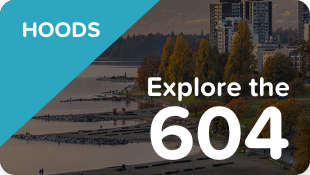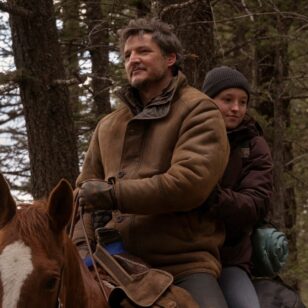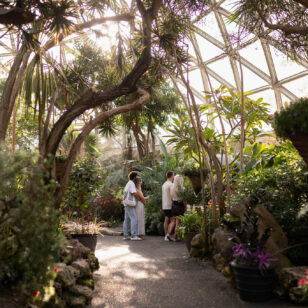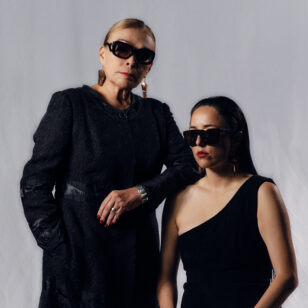
Photo Source: UBC English Language Institute
Vancouver is one of the top places in the world for learning English, with numerous schools around the city devoted to helping students improve their fluency and confidence.
The UBC English Language Institute (ELI) has been around for over 50 years, and is a very popular choice for English language learners. Kevin Wang, Marketing and Recruitment Manager, says that Vancouver offers the perfect atmosphere for their students: “People and the city itself are welcoming. People are very friendly.” As a result, students don’t find it intimidating to practise their English with the Vancouverites they encounter.
Wang says the intercultural aspects of Vancouver also make students feel very much at home. “It’s a very international city in terms of activities, food, and other international student demographics,” he says. Students longing for a taste of home have no trouble finding their favourite dishes, whether it be ramen or tacos, at nearby restaurants. They can also socialize with a diverse range of other students, sharing their common experiences as English learners.
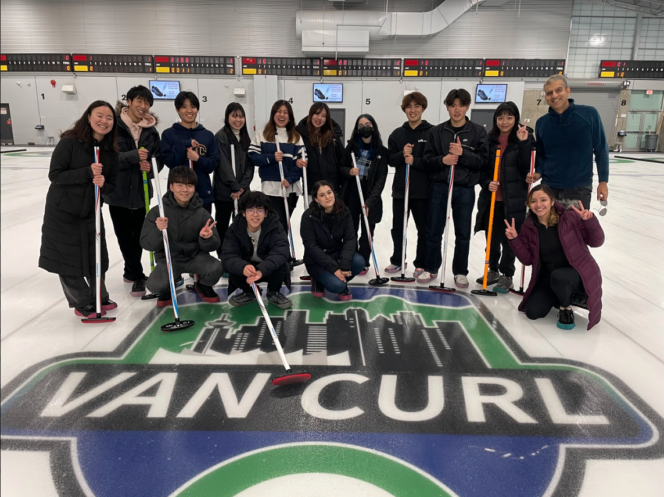
The students love the West Coast scenery that surrounds them. “Vancouver itself is so beautiful and nice. When I was here for the first time, I was really impressed by the nature and the landscape here, in general,” Wang says. The mild climate in Vancouver appeals to the students as well.
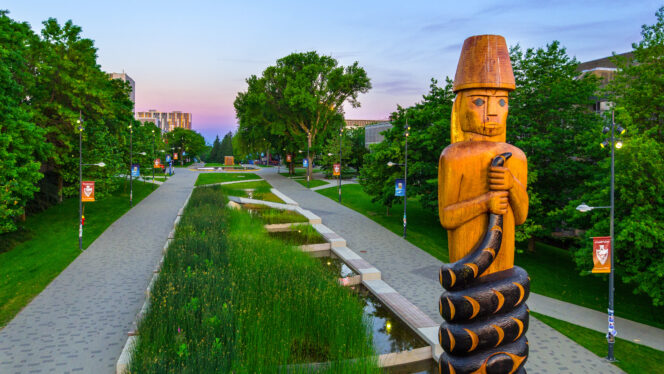
Since 1969, the ELI has cultivated a reputation for being one of the leading places in the city to learn English. “Having that history gives us the ability to fine-tune our programs to exactly what international students need and are looking for,” Wang says. In addition, he says that being affiliated with UBC also makes their Institute attractive to potential students.
The ELI is located in the heart of UBC’s Vancouver campus, which is only about a 25-minute drive from downtown Vancouver, where students often go to shop, enjoy entertainment, and dine at restaurants. Students can engage in activities in gorgeous natural settings, like Pacific Spirit Regional Park, as well as beaches such as Jericho and Spanish Banks.
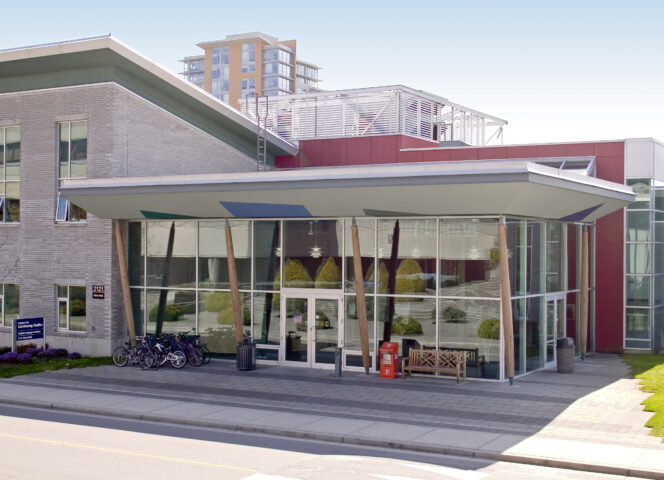
UBC ELI Building
In addition, there is plenty to see and do on the campus itself. “Students will have access to the UBC campus and the UBC facilities. And sometimes they can even join some of the activities that are campus-wide when they’re not specifically limited to degree students,” Wang says, mentioning sports events and galleries as examples.
While the majority of students that come to ELI are 19 to 25 years old, the Institute also hosts many older learners who are advanced in their careers and are looking to refine their English skills. Students come from all around the globe, with many coming from East and Southeast Asia, as well as Latin America.
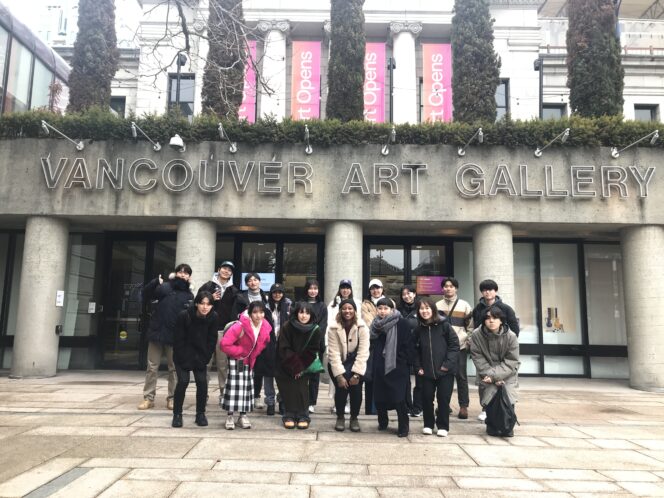
Programs at ELI vary to meet the needs of diverse learners, from students who want a more casual program to one that is more professionally-oriented. Programs include “English for Academic Purposes,” “Business English,” and “Discover” (in which students learn real-world English both inside and beyond the classroom). The first one is the most popular since student who complete all the courses at the 600-level will get a Certificate of English Language (CEL), which satisfies the UBC English Language Admission Standard. The ELI also offers customized programs, particularly for groups who may want discipline-specific English language instruction (e.g., nursing).
Wang says most learners study for about 1 to 3 months. “The programs are designed specifically for a shorter period so students will not be away for long from their homes, their careers, or their university studies,” Wang says. Intake dates are flexible and mostly happen on a monthly, sometimes quarterly basis.
Once in the classroom, students will be part of a class of roughly 13 to 20 students. Academic Coordinator Manjit Pawa describes the teaching philosophy at ELI: “Instructors at the ELI place great value on providing students with individualized language activities and meaningful tasks where interaction and real-life communication is both the method and the goal of our courses. We invite diverse learners to engage in collaborative language learning and global citizenship in order to build just, sustainable, and thriving communities.” Wang, meanwhile, emphasizes how instructors really focus on making students feel at home in the classroom so they can relax and feel supported throughout their learning journey.
Students also explore beyond the classroom, getting to know the rest of the city as well as areas surrounding Vancouver. “We have Cultural Assistants at our Institute who are UBC students. They’re a group of very lively, personable young people, and they take students on excursions,” says Lisa Hogan, Marketing Coordinator. For example, they take them on a walking tour of downtown Vancouver and on a trip to Whistler where they tour the Whistler Village.
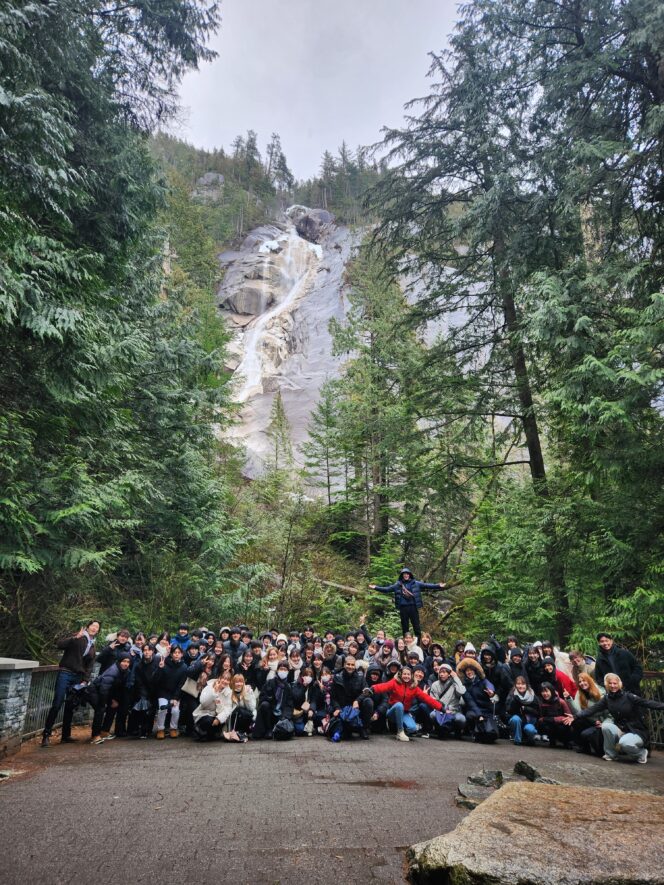
Other activities include runs at Jericho Beach, volunteering at the Sakura Days at VanDusen Botanical Garden, visiting Lynn Canyon, and touring the Gulf of Georgia Cannery in Richmond and Steveston’s Fisherman’s Wharf. Students form friendship groups and will go on outings together, such as to Whitecap soccer games or to restaurants for dinner.
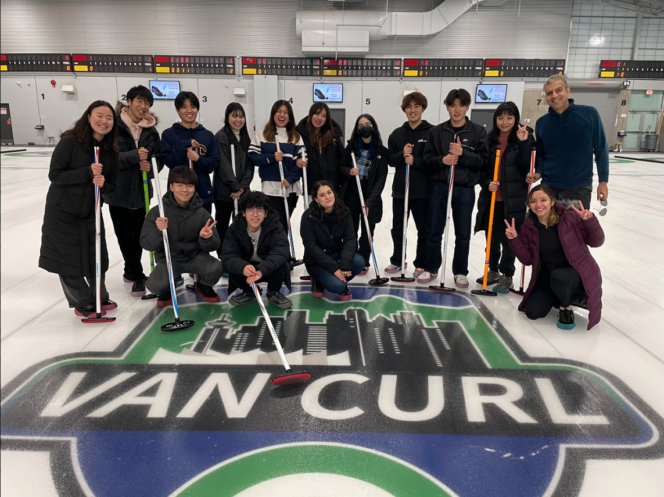
There are also things to do at the Institute, such as fundraising fairs, and crafting activities. One of their biggest events is International Night, where students share dishes and cultural performances with one another. “Students can showcase the things they’re most proud of from their home country, or just skills they might have that they want to show off to their peers,” Hogan says.
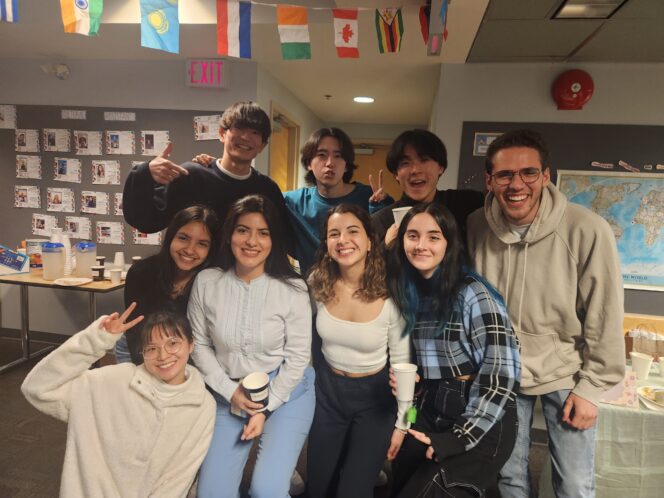
In addition to the connections that they form with one another, students form tight bonds with their homestay families (there’s also an opportunity to stay in residence on the UBC campus during the summer). “I hear a lot of stories of how the student had a great time with their family and how their families really engaged with the student,” Wang says. Students like to practise their English with their families, as well as learn more about everyday family-life in Vancouver.
When students do eventually go home, they take with them a wealth of fond memories of their instructors, the learning they did inside and outside the classroom, and all the friends they made.
Hogan says the ELI has been collecting feedback from students and certain comments keep on popping up. “A throughline is supportive and interactive teaching in the classrooms, the extracurricular activities with our Cultural Assistants, and the city itself: the beauty of the city, the proximity to nature, and also the city life,” she says. Ultimately, learning English at the ELI is about an enriching educational experience, but also about the vibrant and diverse activities, places, and people Vancouver has to offer.
More information about ELI can be found here.










